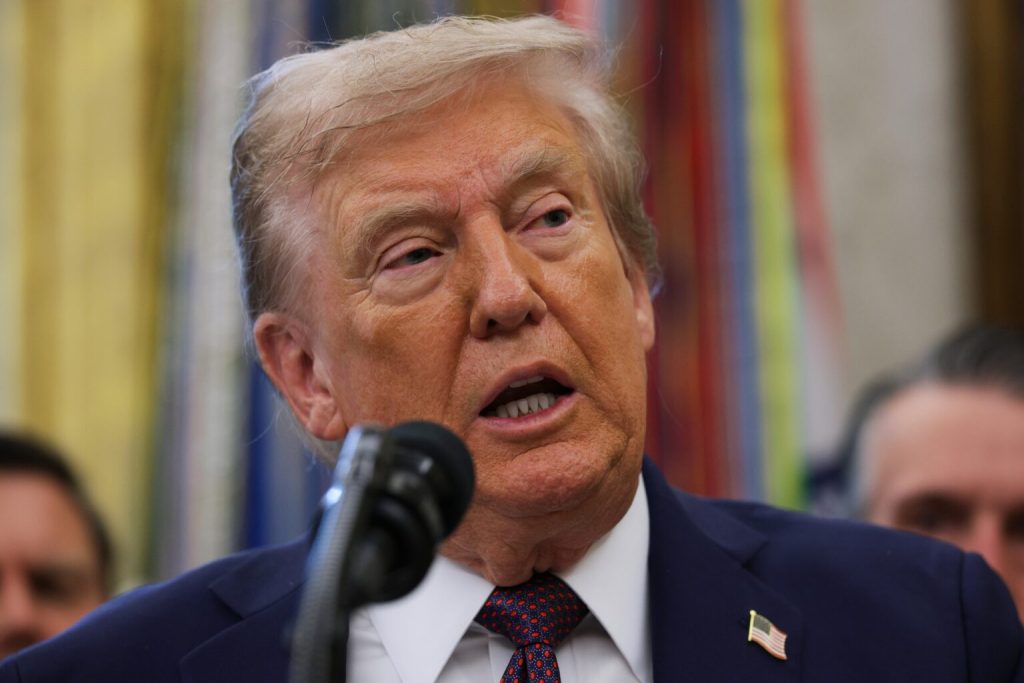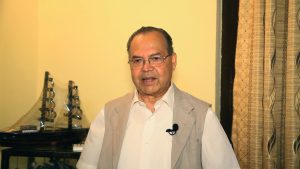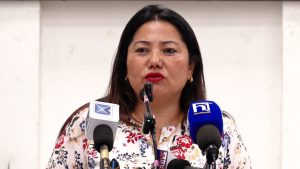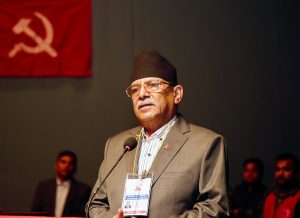Kathmandu — U.S. President Donald Trump has hinted that the United States might consider military action in Nigeria to stop growing religious violence. Speaking to reporters aboard Air Force One on Sunday and later posting on his social media platform, Trump said both ground troops and airstrikes were among the options being discussed if the situation continues to spiral.
Citing a surge in attacks against Christian communities, Trump said, “We cannot allow such atrocities to continue.” He warned that the U.S. could suspend all aid and assistance to Nigeria and confirmed that he had instructed the Department of Defense to stay prepared for immediate action.
Rising Violence and Nigeria’s Fragile Security
Nigeria’s deeply diverse society — home to more than 200 ethnic and traditional groups — has long struggled with religious and ethnic tensions. Extremist organizations such as Boko Haram and the Islamic State West Africa Province (ISWAP) have repeatedly targeted civilians, killing members of both Christian and Muslim communities. Analysts say these attacks have eroded social harmony and further destabilized national security.
Trump’s remarks have added diplomatic pressure on the Nigerian government to strengthen protection for civilians. But his open talk of military intervention could also fuel regional tensions and complicate U.S.–Africa relations. Experts warn that any foreign strike or troop deployment might cause civilian casualties and deepen the country’s humanitarian crisis.
International Reaction and Unanswered Questions
The comments came shortly after Washington re-listed Nigeria among countries of “special concern” for violations of religious freedom — alongside China, Myanmar, North Korea, Russia, and Pakistan. The move highlights Washington’s growing concern over global religious persecution and has reignited debate about how far U.S. foreign policy should go in confronting it.
Trump’s warning raises difficult questions: Can lasting peace in Nigeria be achieved through external force? Can the U.S. and regional partners cooperate without worsening instability? And how should the world balance humanitarian responsibility with national sovereignty?






